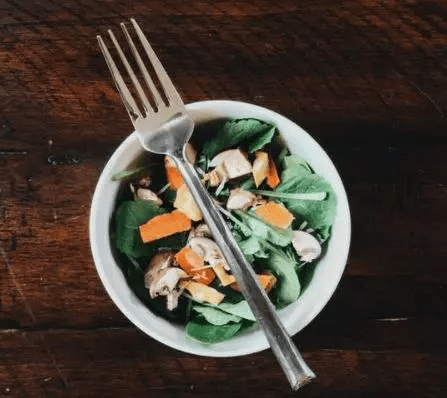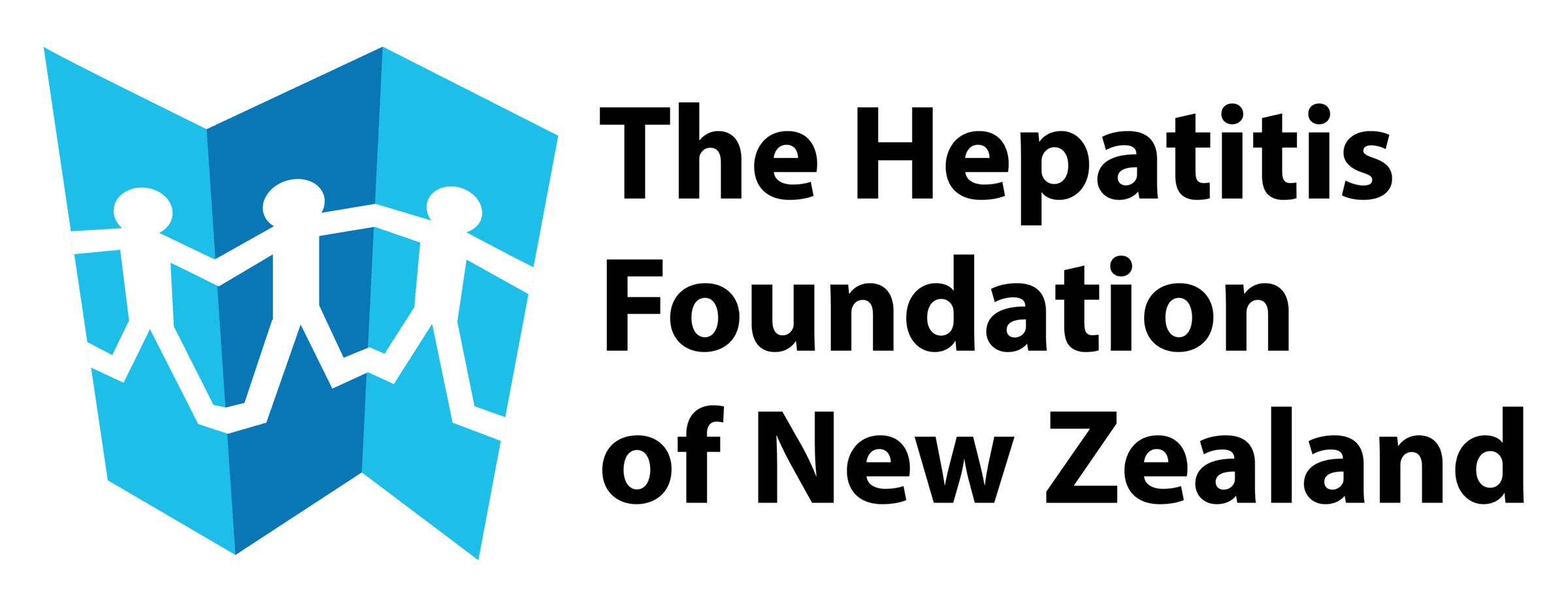Your diet plays a huge part in your health and well-being. Eating well and being active helps improve mood, sleep and brain function, and it increases your chances of living a long life to enjoy with your family and friends. Healthy eating can lower your risk of heart disease, liver damage, stroke and some cancers.
What should you eat?
To maintain a healthy diet it's recommended you eat a variety of foods that give your body the nutrients it needs. These include:
Vegetables and fruit
Grain foods, mostly whole grain and those naturally high in fibre
Milk and milk products (try to stick to low- and reduced-fat options)
Legumes (e.g. lentils, chickpeas and red kidney beans)
Nuts, seeds, fish, eggs or poultry.
It's best to eat foods that contain unsaturated instead of saturated fats, that are low in salt and/or have little or no added sugar, and that are mostly ‘whole’ or less processed.
Water is best
Your body needs 8–10 cups of water each day to stay hydrated and in top working condition. This amount increases in hot weather or when you’re doing a lot of physical activity. Plain fluoridated tap water is best. If you need something extra, try keeping a jug of water in the fridge, flavoured with fresh mint or slices of lemon.
Low-fat milk is also a good drink because it contains protein and many vitamins and minerals. Soy or rice milk with added calcium are dairy-free choices.
Limit your intake of sugary drinks such as fruit juice and cola, and drink tea and coffee in moderation.
For further healthy eating advice visit the Ministry of Health website.



